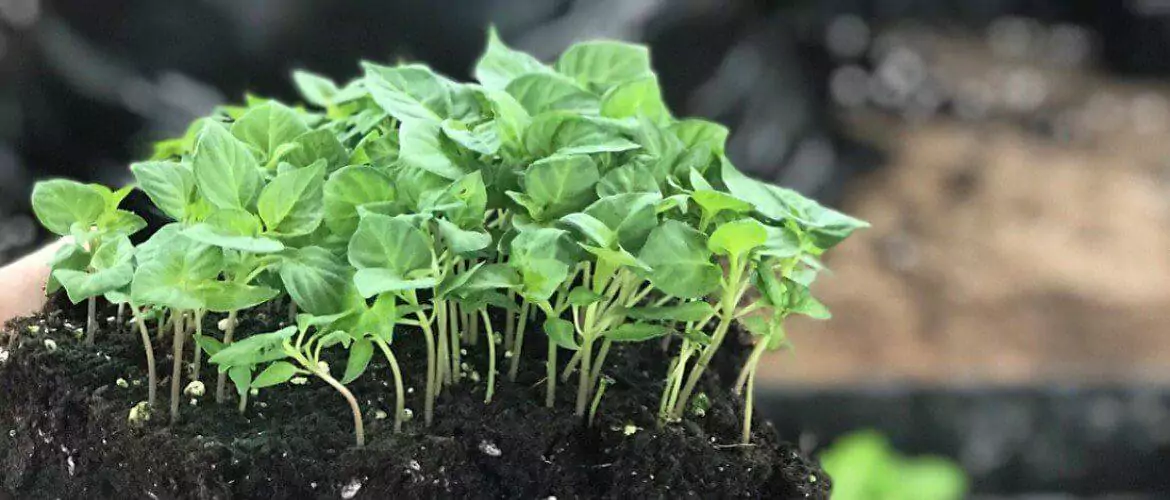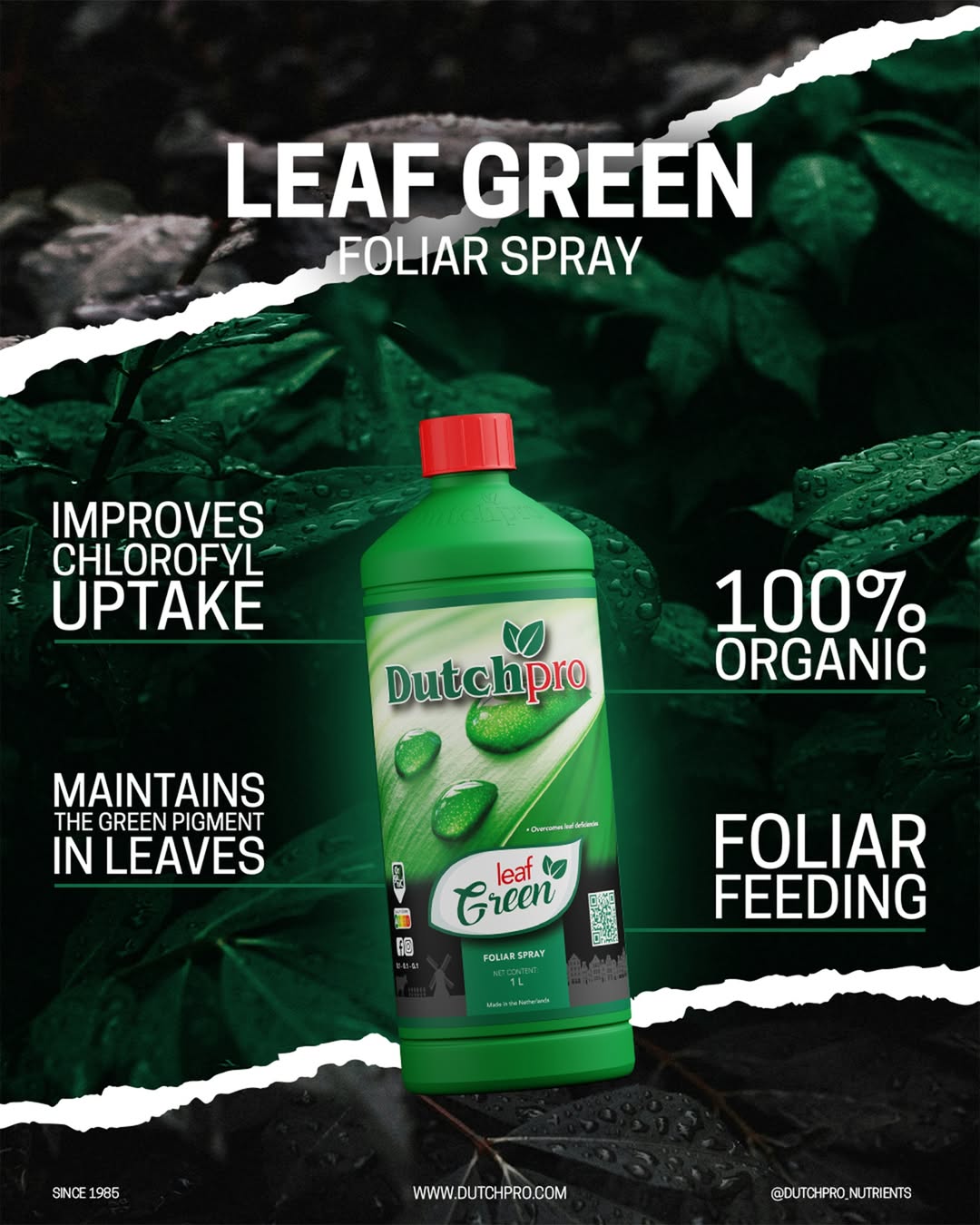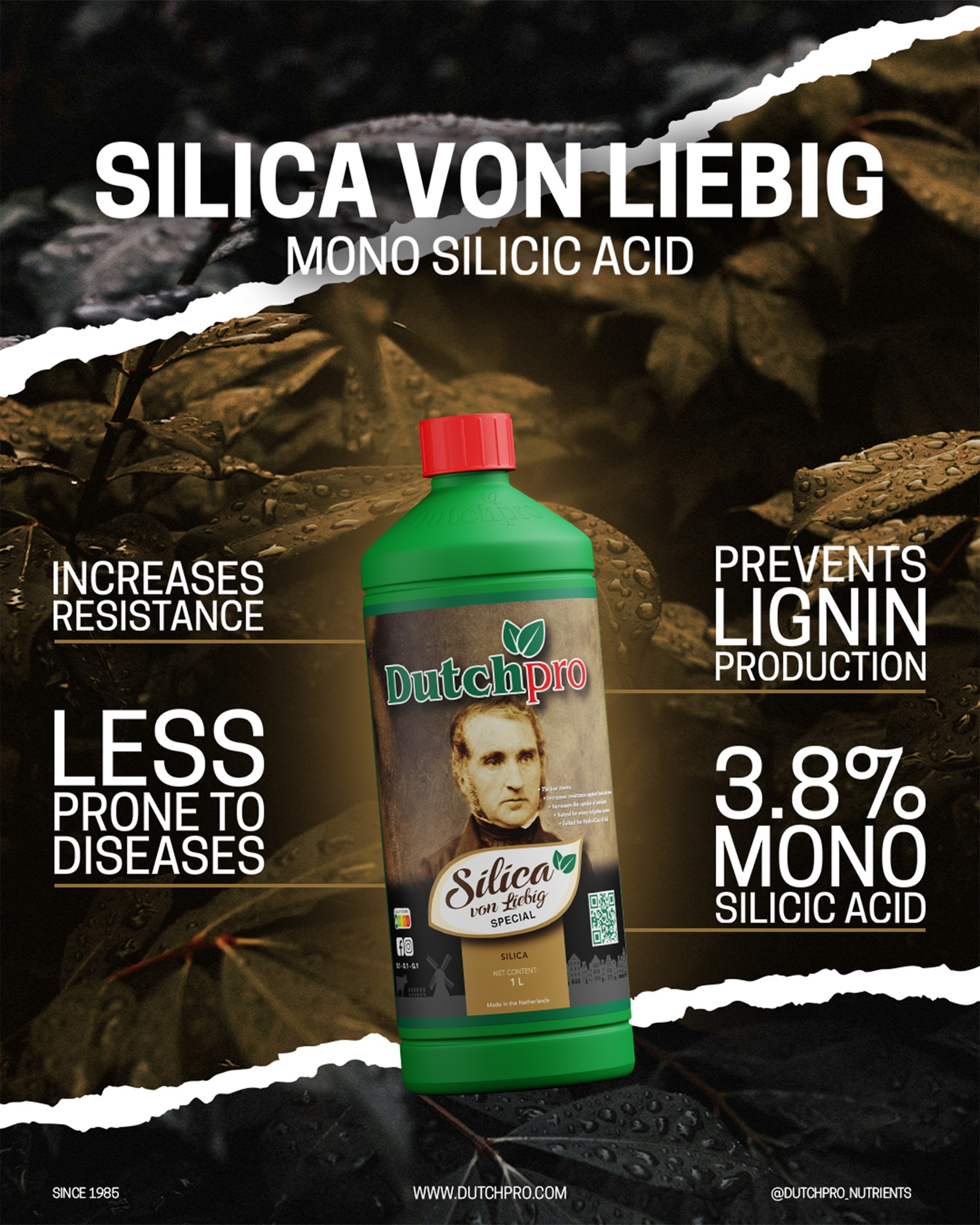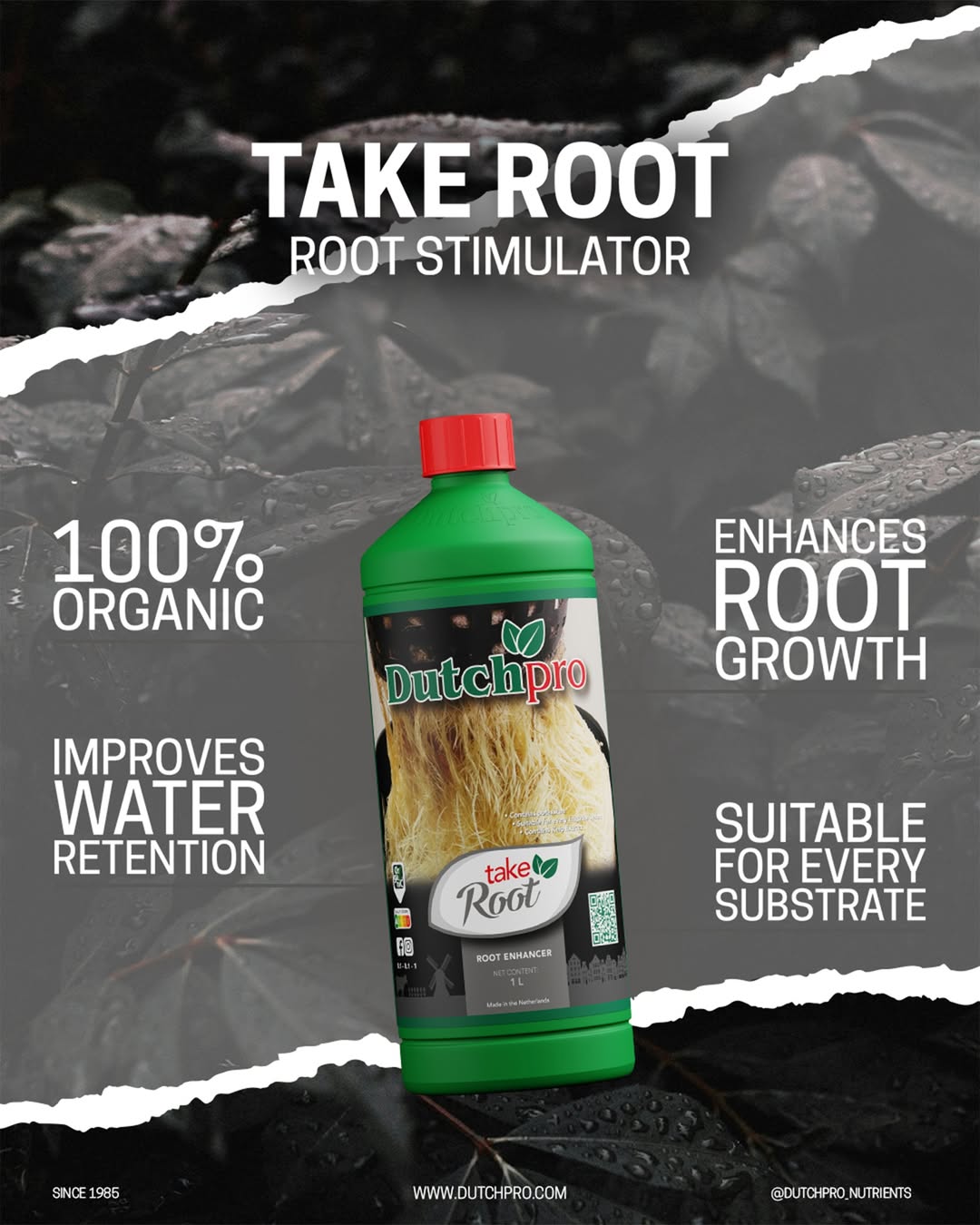
Every day, there are more debates about organic fertilizers vs. mineral nutrients. This competition has started a great divide in the growing community to determine which is better. Each side of the argument claims their way of growing to be the “best”. But what is the truth? Common statements we hear are; “minerals are pesticides,” “organic fertilizers won’t affect the environment,” “mineral nutrients are better,” or “organic fertilizers are better.” So what is it?
It is all fake news. The reality is that organic fertilizers and mineral nutrients each have a time and place. Many growers are unaware of this idea. So let’s get this straight:
- Fertilizers/Minerals are NOT the same as pesticides
- Organic fertilizers CAN still harm the environment
- One way is NOT always better than the other
Now we’re sure you have some questions, like what is the difference between organic fertilizers and mineral nutrients? When should you decide to use one over the other? Is it possible to combine both mineral and organic nutrients? Many growers have struggled to make this decision, but first, you need to know how one affects the other. Let’s take a look!
#1 What Type of Crop Do You Want?
As a grower, you first have to decide what kind of crop you want. What would you like to see from your plant; do you want full control or can you have patience? Looking at today’s market, cultivators have begun to use more mineral nutrients, but 150 years ago, cultivators only grew organic. Science has been able to show us a few reasons why.
First, mineral nutrients are directly ready for absorption by the plant. The state of their chemical make-up is directly compatible with the plants’ cells. Their absorption rate has allowed for faster cultivations and has actually helped to feed the world’s growing population over the last 150 years.
Organic nutrients are derived from plant or animal matter that can not be absorbed directly like mineral ones can. Organics need help from bacteria and fungi in their soil to convert their organic components into mineral components to be able to be absorbed by the plant. Without proper bacteria and fungi cultures in your soil, adding organic fertilizers to your plants is a waste of time and money. Due to time restrictions, growing organically is only recommended for growing cycles that take at least six months.
Secondly, because the minerals nutrients are directly absorbed by the plant, growers have more control when applying nutrients. This is because once a plant shows signs of deficiencies in any stage, a grower can assess the problem, and adjust their nutrients to the situation*. When organic fertilizers are used, it can be difficult to know if your ratios are off. This is because organics require more bacteria and fungi to keep your plant healthy.
*With more advanced growing equipment, growers need to educate themselves on product usage, and their plants’ needs to be able to keep up with their plants’ growth patterns.
#2 Indoor vs. Outdoor Growing
Which option is better? One is NOT better than the other. It is up to the grower to choose their growth rate and their preferred growing style(indoor/outdoor and what growing media to use), and then that will decide if they opt for organic fertilizers or mineral nutrients. Here’s why:
Indoor Growing
If a grower is looking for control and optimization indoors, then they should go for mineral nutrients. The indoor growing season is around 3 months a cycle. With only three months, the plants need to be pushed to their limits to excel and grow faster than they would in an outdoor environment. The goal is to do this without comprising the crop’s quality or yield. To get the same results with organic fertilizers is near impossible because they need more time to absorb.
When you use organic fertilizers indoors, you need to use a different technique in the application of fertilizers. That technique can burn more time than a grower has to achieve a maximum indoor grow. So when it comes to growing indoors, mineral nutrient lines have a higher yield compared to 100% organic fertilizer lines.
Can I Combine Mineral and Organic?
The answer is yes. At Dutchpro USA , we believe that this is the best of both worlds. We have a few organic nutrients to supplement our mainly mineral line to be able to give you your best yield yet. In our research over the years, we have found that the combination of organic and mineral is the only way to generate the biggest crop you can grow, without adding hormones like PGRs.
**If you wish to incorporate both, make sure to do your research on your plant of choice, and figure out what essential nutrients your plant needs to thrive. Substrates also play a part in which organic option to incorporate. Dutchpro has created specialized our recipes to support any substrate.
When it comes to growing indoors, you have ultimate control of your environment. Growers can decide to grow hydroponically, or in soil, and even have the control over temperature, moisture, bacteria, lights, and more. Mineral nutrients are better to help maximize your plants’ genetics when growing indoors due to the higher amount of control and speed growers have to follow.
Outdoor Growing
When growing outdoors, the season can take up to 7 months, so organic nutrients can create amazing results that match up or are better than mineral nutrients outdoors. A common problem when growing outdoors is that you also have to make sure the soil doesn’t get polluted. Organic nutrients solve this problem because they can keep the soil in better condition for longer than typical mineral nutrients due to increased bacterial growth.
When growing outdoors, Mother Nature is the key to your success along with proper plant nutrition. By using organic nutrients, they keep your soil in good health. This is the environment you can control and organic fertilizers keep it healthy and optimal for your plants. Growing organic does take longer, but when you grow outdoors, you have accounted for this extra time.
**Be aware that there are products on the market who claim to be organic, but contain mineral ingredients. Regulations allow nutrient and fertilizer brands not to have a 100% organic product to be able to claim to have a “100% organic fertilizer.”
#3 Natural Components vs. Man-Made
This is the most obvious difference between the two options. Organic fertilizers are from plant and animal matter or “natural” components. Mineral nutrients are from chemically modified elements or “man-made” components.
What people fail to realize when it comes to nutrients, is that plants can only absorb chemically altered nutrients. What? Yes, plants can only absorb chemically modified nutrients. Now there are two ways for your plant to get these altered nutrients.
- Naturally (organic fertilizers)
- Uses the bacteria and fungi in your substrate that digest and create those chemical reactions.
- Science (mineral nutrients)
- Creating those natural reactions in a lab and then providing them in bottled concentrates.
Reputations
When talking about mineral nutrients, many tend to think “chemically-modified” or “harmful”, but what they don’t understand is the definition of a chemical.
A chemical is a distinct compound or substance, typically one that has been artificially prepared or purified. What many people don’t know is that these compounds can be found in nature too. By no means does this mean that a chemical compound is a harmful substance or is bad for you. The most common and well known chemical compound is water or H2O. Water is a combination of the chemicals Hydrogen and Oxygen.
Organic nutrients have a reputation for being “better for the environment” because they are “all natural.” The reality is organics try to mimic the natural process that Mother Nature provides, but even then they are not 100% natural. Mother Nature rarely creates plants in such massive quantities, like the quantities that organic farms can create. With such massive organic farms, the speed of the fertilizer manufacturing has to match the speed of its consumers.
A popular example for today’s market is bat guano. To keep up with the harvesting of bat guano for organic fertilizers, specialized bat guano farms have had to form. These farms affect the natural ecological use of the manure, so although organic nutrients are healthier for the outdoor fields, they still leave an environmental footprint behind even if it is not from its field use.

Now you Decide
Many people, even experienced cultivators, are unaware of all the ins and outs of fertilizers and nutrients. This lack of knowledge has caused cultivators to unintentionally overdose their plants on mineral nutrients. That has caused cultivators’ fields and soil to become depleated. Or maybe they have suffered a lesser crop because they expected an organic fertilizer to perform at an excelled speed. This has then given bad reputations on either side, but the reality is that each option has its benefits, so the choice is yours.
Make sure to stay informed and always consult an expert before you start any grow.


